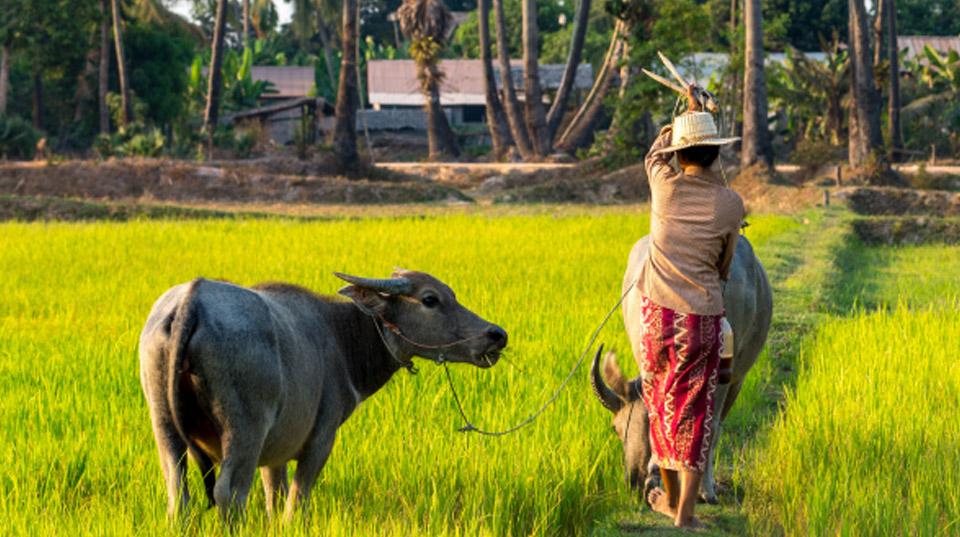Overview
This project aimed to develop land evaluation methods and capacity to improve planning of agricultural development for productive and resilient landscapes in Myanmar's Central Dry Zone at the township and village scale. These contribute to national food security, improve the livelihoods of farmers, and provide ecosystem services.
Farmers in the Central Dry Zone face a dry, erratic climate and widespread land degradation. Productivity and profitability are low, so many farmers cannot afford fertilisers and quality seeds. This further degrades land. Improving livelihoods and food security requires agricultural intensification but this must be done in a way that sustains land resources.
This project developed land evaluation methods and developed capacity in Myanmar institutions to acquire land resource information more efficiently than conventional soil and land resource surveys.
Participatory land use planning informed by the mapping products was then used to help communities - at both regional and village scales - change how they use land in ways that were both technically feasible and matched community aspirations.



